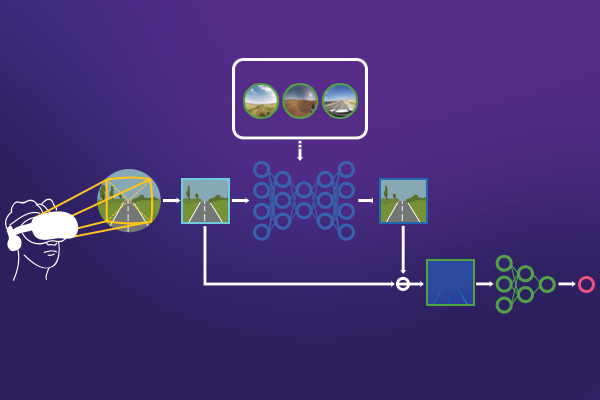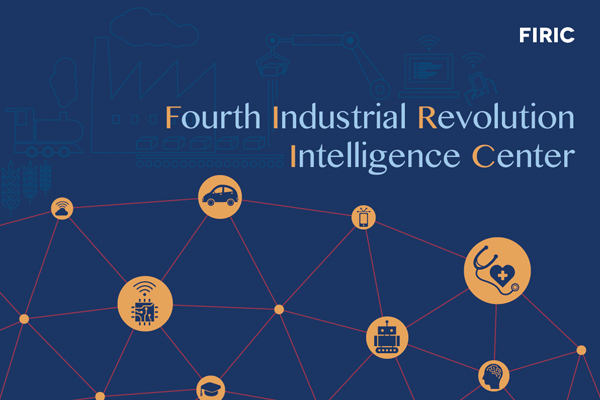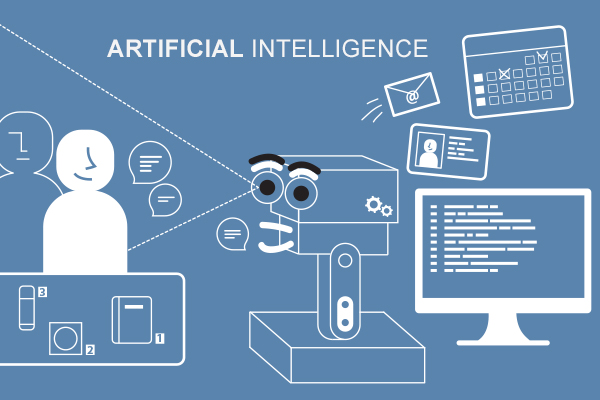-
Research Highlight Top Story
New Catalyst Recycles Greenhouse Gases into Fuel and Hydrogen Gas
Prof. Yavuz’s group has developed a new catalyst for dry reforming of methane. The catalyst exhibits outstanding stability and activity without deactivation, attributed to the migration of Ni-Mo nanocrystals to the edge of single crystal MgO....read more
-
Research Highlight Top Story
Development of VR Sickness Assessment Deep Network Considering Exceptional Motion for VR Video
Viewing safety is one of the main issues in viewing virtual reality (VR) content. In particular, VR sickness can occur when watching immersive VR content. To deal with viewing safety for VR content, objective assessment of VR sickness is of great importance. In this work, based on a deep generative model, we propose a novel objective VR sickness assessment (VRSA) network to automatically predict VR sickness. The proposed method takes into account motion patterns of VR videos in which exceptional motion is a critical factor inducing excessive VR sickness in human motion perception. The proposed VRSA network consists of two parts, the VR video generator and VR sickness score predictor. For the evaluation of VRSA performance, we performed comprehensive experiments with 360° videos (stimuli), corresponding physiological signals, and subjective questionnaires. We demonstrated that the proposed VRSA achieved a high correlation with human perceptual score for VR sickness....read more
-
Introduction to KI Top Story
FIRIC Pioneers New Approaches to Global Governance of Fourth Industrial Revolution Technologies
KAIST Fourth Industrial Revolution Intelligence Center (FIRIC) was established in July 2017 with the aim of leading global research and policy collaboration on technological and socioeconomic impacts of the Fourth Industrial Revolution....read more
-
Introduction to KI Top Story
Inauguration of KI for Artificial Intelligence
The KI for Artificial Intelligence (KIAI) started as the 6th KI on May 16th, 2017.
Artificial intelligence is regarded as the most-important enabling technology for the 4th Industrial Revolution. The establishment of KIAI, with 66 faculty members from 18 Departments/Schools will help KAIST to continue its leading role in this important multi-disciplinary technology....read more

291 Daehak-ro Yuseong-gu Daejeon, 34141, Republic of Korea
Partnered with KAIST Breakthroughs and KAIST Compass




